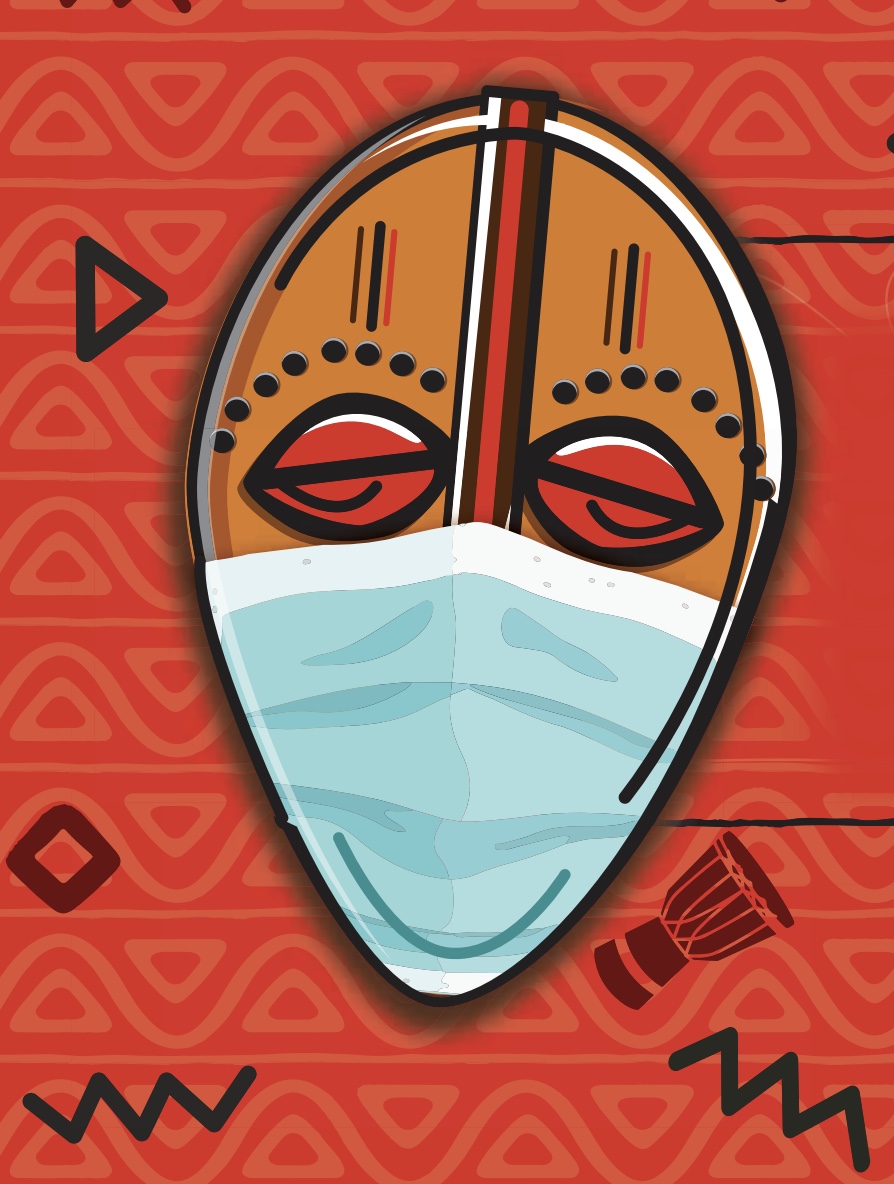New Ways of Working for Creatives in the COVID-19 Context: A Research for Malawi, Zambia and Zimbabwe
The outbreak of Covid-19 pandemic has posed great challenges to the worldwide economy and people’s daily lives and will have far-reaching consequences beyond the spread of the disease. In light of this, it is important to take note of the following:
The creative economy is one of the sectors most at risk from the Covid-19 crisis. Any lasting damage to the creative sector will drastically undercut our culture, well-being, and quality of life. At the same time, the crisis is also a strong driver of creativity and innovation.
Due to the Covid-19 pandemic and its impact of how creatives now work, Hivos under the ROOM project and its partners in Malawi, Zambia and Zimbabwe has to undertake its activities in different, innovative and safer formats. In this period of physical distancing, creatives have had to depend on technology more than ever before. This dependence has also exposed the digital divide and inequalities in the region. With this in mind, the ROOM project undertook a research on New Ways of Working for Creatives (NWoWC) in Malawi, Zambia and Zimbabwe to reimagine critical content production within the context of ongoing challenges brought into reality by the Covid-19 pandemic.
In undertaking the study on new ways of working for creatives in Malawi, Zambia and Zimbabwe, we took a broad definition of creative ways of working blurring the imaginary boundaries that box creativity into compartments. At its core, creativity is the use of imagination or original ideas to create something – its inventiveness. Creativity involves stepping outside the day-to-day to devise novel solutions, art forms, ideas or content.


